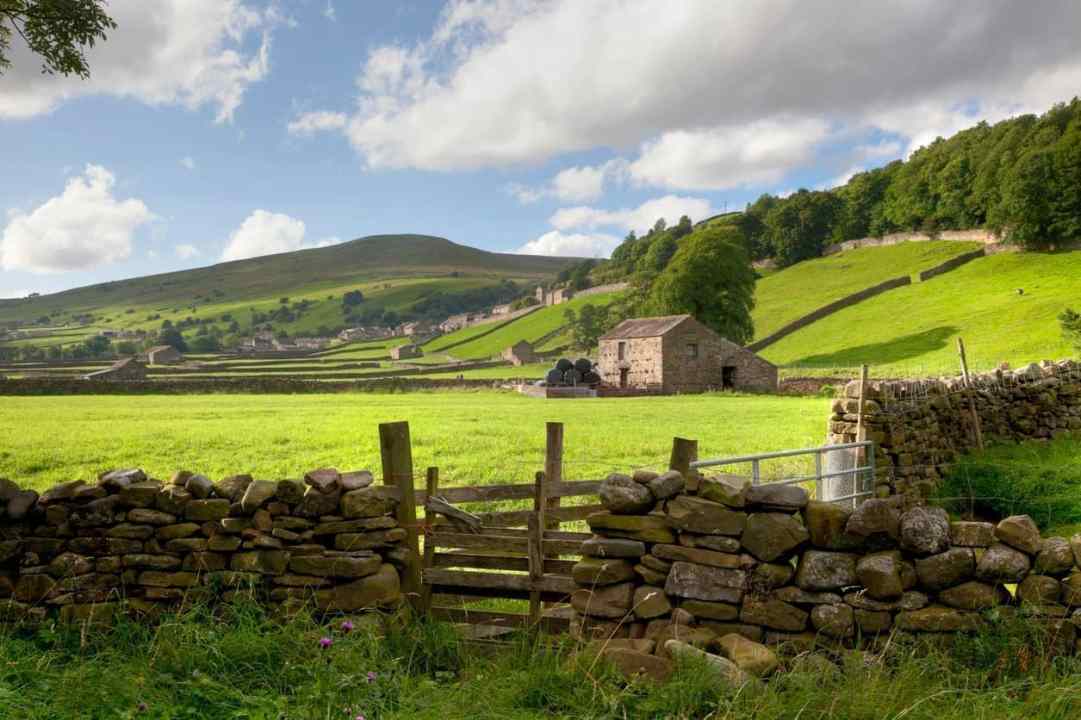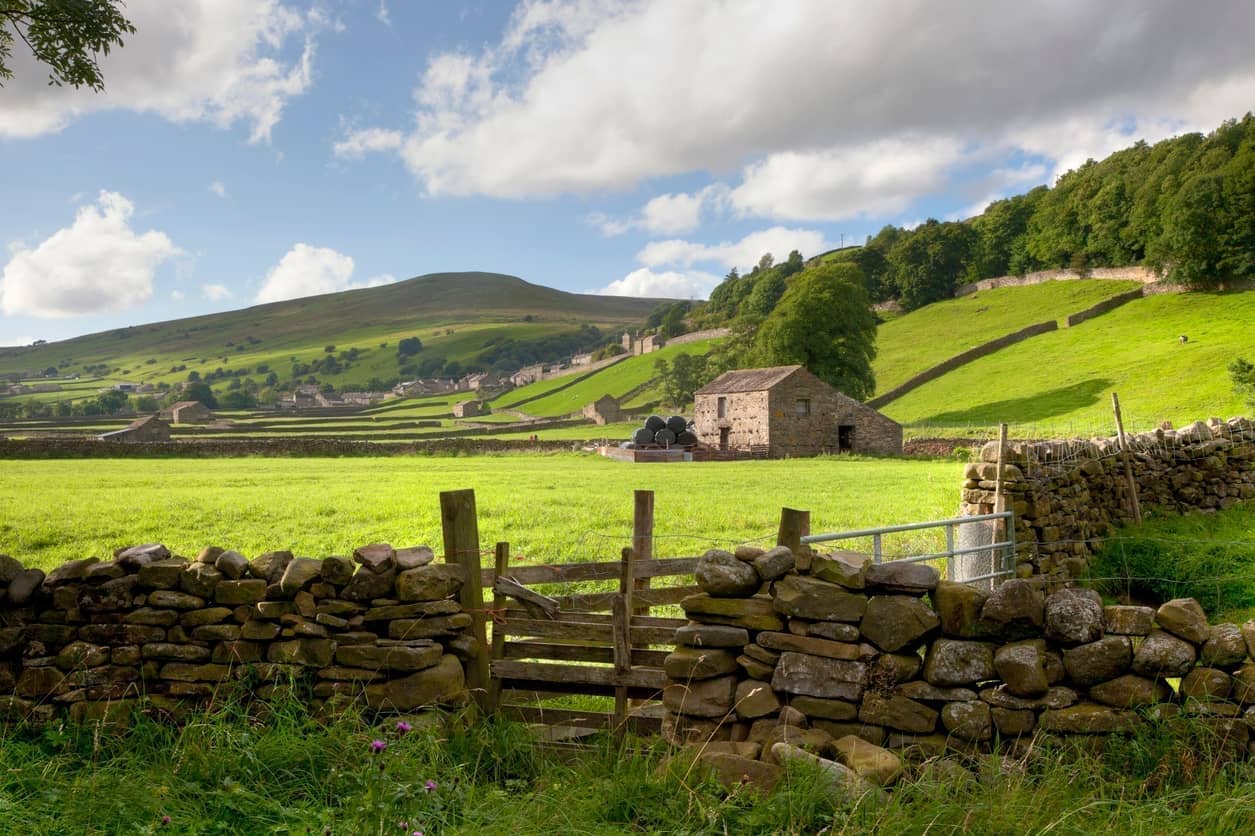You’d be forgiven for thinking that buying land is just the same as buying a house. But, other than the form of contract and the stamp duty you pay, the two transactions have almost nothing in common. When you buy a house, even if it comes with land attached, what you’re really buying is a physical structure with infrastructure (pipes, energy, drainage, and access) and most importantly the permission for that building to be where it is. And it’s that permission that holds the real value. Very often with land you’re either buying hope value or opportunity, an existing income stream and sometimes it’s a financial responsibility. Land may also be a route to receive a range of tax benefits. The work you need to do to establish not only your rights but also your responsibilities (such as maintenance of access to footpaths, for example or easements across land or rights) are significant.

Get Britain's best politics newsletters
Register to get The Spectator's insight and opinion straight to your inbox. You can then read two free articles each week.
Already a subscriber? Log in







Comments
Join the debate for just £1 a month
Be part of the conversation with other Spectator readers by getting your first three months for £3.
UNLOCK ACCESS Just £1 a monthAlready a subscriber? Log in